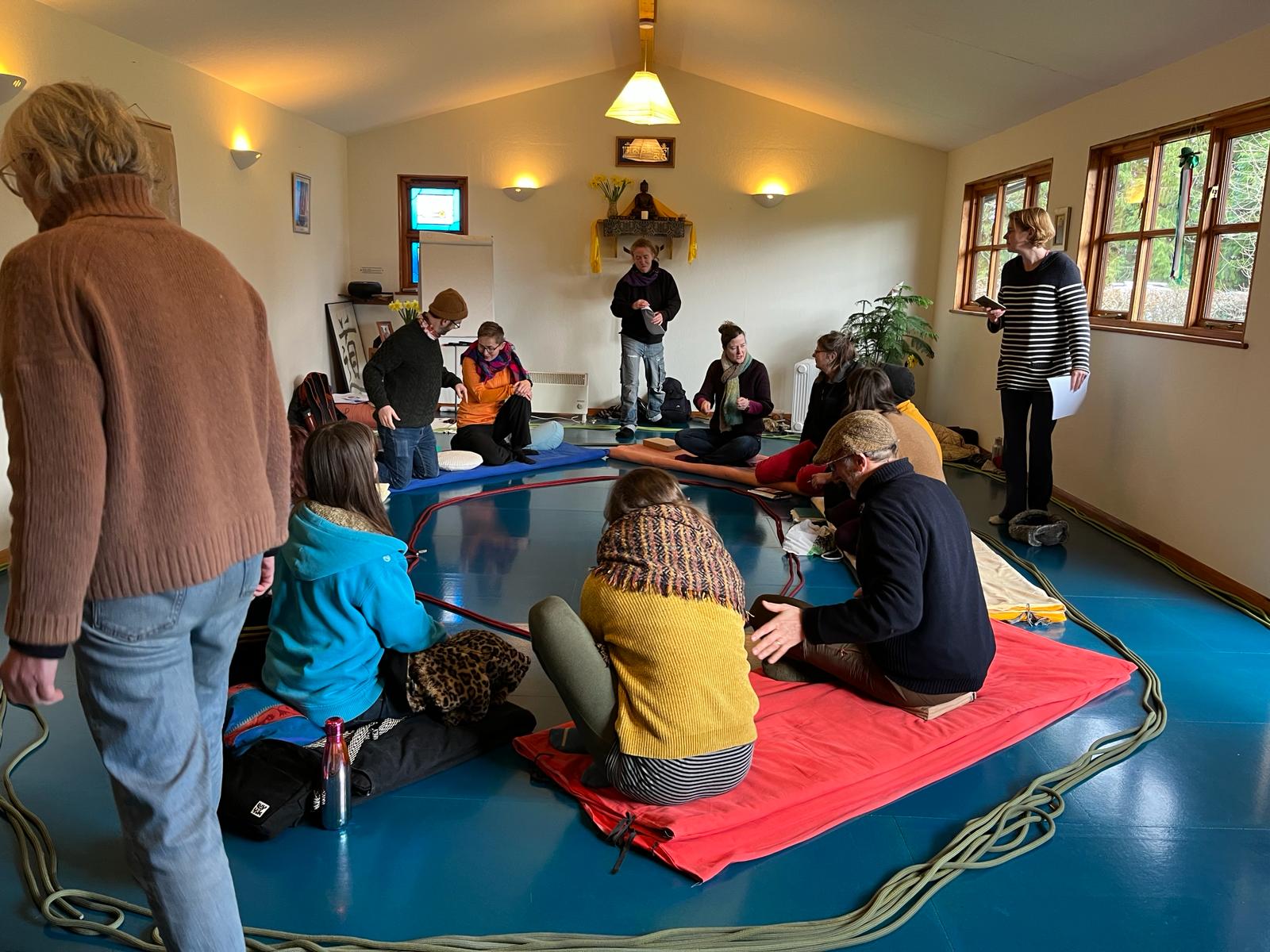Introduction to facilitating The Work That Reconnects - Herefordshire
| Nov 22 |
Fri 22nd Nov 2024
7pm – Sun 26th Jan 2025, 5pm GMT (UTC +00:00)
|
|
|
Maitreya House, Lower Maes-coed, Herefordshire, UK |
|
|
https://dandelion.events/e/facilitation2024 |
| Hosted by |
 Psychology for Ecology
Psychology for Ecology
|
| Facilitators | |
| Attending |
16+ people
|
| Enquiries to | rosienjones@yahoo.co.uk |
| Add to calendar | Google · ICS |
| QR code |
|
This experiential training, over two residential weekends, offers a core introductory basis for facilitating in-person group practices and workshops in The Work That Reconnects (WTR). Our aim is that the training will support you to step into WTR facilitation, and to deepen your skills, knowledge and confidence if you are already facilitating. It is also an opportunity to build supportive relationships to accompany you on your facilitation journey.
Weekend 1: 22nd - 24th November
Weekend 2: 24th - 26th January
Both weekends start 7pm Friday and end 5pm Sunday,
The Work That Reconnects is a highly regarded experiential methodology developed over the last 40 years to help us turn towards our concerns and despair for the world, to find our power and to experience the resourcing potential of feeling part of nature and a deeper connection to others in the past, present and future. Workshops follows a 4 part spiral of practices: Rooting in gratitude, honouring our pain for the world, seeing with new and ancient eyes, and going forth into committed action.

What will the weekends involve?
The training will be largely experiential, beginning with being facilitated through a full spiral of key practices. We will intersperse this with a focus on key facilitation skills, techniques and principles, such as making group agreements, holding spaces for intense emotions, creating connection, safety, and grounding, and managing time and group dynamics and needs.
The course aims to deepen your understanding of the underlying philosophies of the Work, such as deep ecology, deep time, living systems thinking and active hope. You will try out developing some practices based on these concepts, in order to understand the philosophies and processes from the inside out.
We aim to help you build confidence through facilitation in small groups and receiving feedback in a supportive context. Small practice groups between and after the weekends will support you to take your facilitation forward.

Who is this training for?
This training is suitable for anyone seeking to bring Work That Reconnects practices into their community, work, or group. It is strongly recommended that you have experienced a workshop in the WTR or the online Active Hope course, prior to attending. It is very helpful if participants have read at least the first 5 chapters of 'Coming Back to Life', the facilitation manual of the WTR, prior to attending the training, in order to have some familiarity with the ideas and the practices. The book ‘Active Hope‘ is very helpful additional reading.

Trainers
Rosie Jones is an ecological, community and clinical psychologist and therapist, now largely involved in regenerative work to help create foundations for a life-sustaining society. She initiates and supports community projects and groups, with particular interest in land-based projects.
In 2017-18 she experienced and then trained in facilitating the Work That Reconnects and found it to be personally transformative. She offers regular workshops in her local community, educational settings, festivals, and to organisations, and has been offering facilitation training since 2019. The Work That Reconnects continues to be a central support and inspiration for how she lives.
Madeleine Young discovered the WTR after decades of activism and was so struck by this work's beneficial potential that she has been exploring it ever since - first as a participant in as many different ways as possible, and then training as a facilitator via the Facilitator Development Adventure.
For the last 4 years, she has been working with Chris Johnstone (co-author of the book Active Hope) on a variety of projects, including the free online Active Hope Foundations Training (which so far has over 9,000 people enrolled, globally).
In the last 3 years, she has turned her attention to training facilitators. She loves to support people to step into their capabilities and to encourage them to feel ready to facilitate. She feels passionate about diversifying this work so that its benefits can reach into all corners of society.

Economy
A £260 payment is required to book a place. This amount covers the accommodation, venue hire, and food and drinks, for both weekends. It is fully refundable with at least 4 weeks cancellation notice.
Administration time, and the preparation and facilitation of the training is offered in the Trust Economy or ‘give as you feel’. The Trust Economy encourages non-transactional, gratitude-based relationships. We also consider it one way to rebalance financial inequality in society, and so would encourage you to donate based on your income and financial obligations and privileges.
Donations support us to be able to do more regenerative work. To help you consider what you might like to donate, we estimate our time taken on administration, preparation, and facilitation of the two weekends to be at least 20 days in total between us.
Although we would encourage you to donate what feels right for you, some people ask for a suggested donation amount and find this helpful. Here is one possible way to consider it: Discounting your first £10,000 of income for basic needs, you might donate around £20 for every £1000 of further income, depending on your specific circumstances, such as whether you have dependants, a partner, own your home, will receive an inheritance, etc.
You are welcome to make donations before or after the weekends.
Diversity
We recognise that, in this country, the facilitation of the WTR is nowhere near as diverse as we would like it to be and we would encourage people to join this training from communities that are usually under-represented in this work.
If this applies to you, when calculating your donation, please take into account the emotional labour participating might entail for you, and pay yourself for this labour by making a smaller donation.
It is vital that there is a vanguard of facilitators who will diversify this work, but it is also work to be a part of this vanguard. We appreciate and value any work that you might be taking on to play a part in this process. Please don’t hesitate to get in touch with us if you have any queries about this.
Discounted places for cooking support
We are seeking one participant who would like to take responsibility for purchasing the food and preparing the main components of the 3 main meals for one or both of the weekends, in exchange for a discounted place. If you are interested in this role please email or text us to discuss before booking.

Practicalities
Venue and Accommodation
Maitreya House is a retreat centre in Herefordshire. The beautiful rural site will be ours alone for the weekend, with a zendo for workshops and the converted farmhouse and grounds for groupwork, socialising, cooking and eating. Accommodation is in cabins (‘kutis’) in the grounds and rooms in the farmhouse. There are 4 single rooms, 10 beds in double rooms, one triple room, and parking for two vans.
https://www.maitreyahouse.org.uk/


Getting there
The nearest railway stations are about 30 minutes drive, in Hereford or Abergavenny. With planning we can arrange for those coming by train to be collected and dropped at the station.
Food and drink
Vegan meals with vegetarian options, breakfast, and teas, coffee, milks and snacks will all be provided for the weekends.
Timings
The weekends will officially start on the Fridays at 7pm with an opening circle.
You are welcome to arrive any time from 3pm on the Fridays of each weekend and use the retreat space for your own relaxation and needs. Those who arrive by then can bring food to share and eat dinner together at 6pm.
The training programme will finish at 5pm on the Sunday of both weekends. However if you wish to stay over on Sunday nights this is possible at no extra cost, as the accommodation is booked until 10am Monday morning.
Contact Rosie on rosienjones@yahoo.co.uk and 07913617822 or Madeleine on homad@hotmail.com 07813181282 with any questions or needs.
This event is sold out
Missed out on tickets to Introduction to facilitating The Work That Reconnects - Herefordshire? Join the waitlist and we'll let you know when tickets become available to this event or future events.



